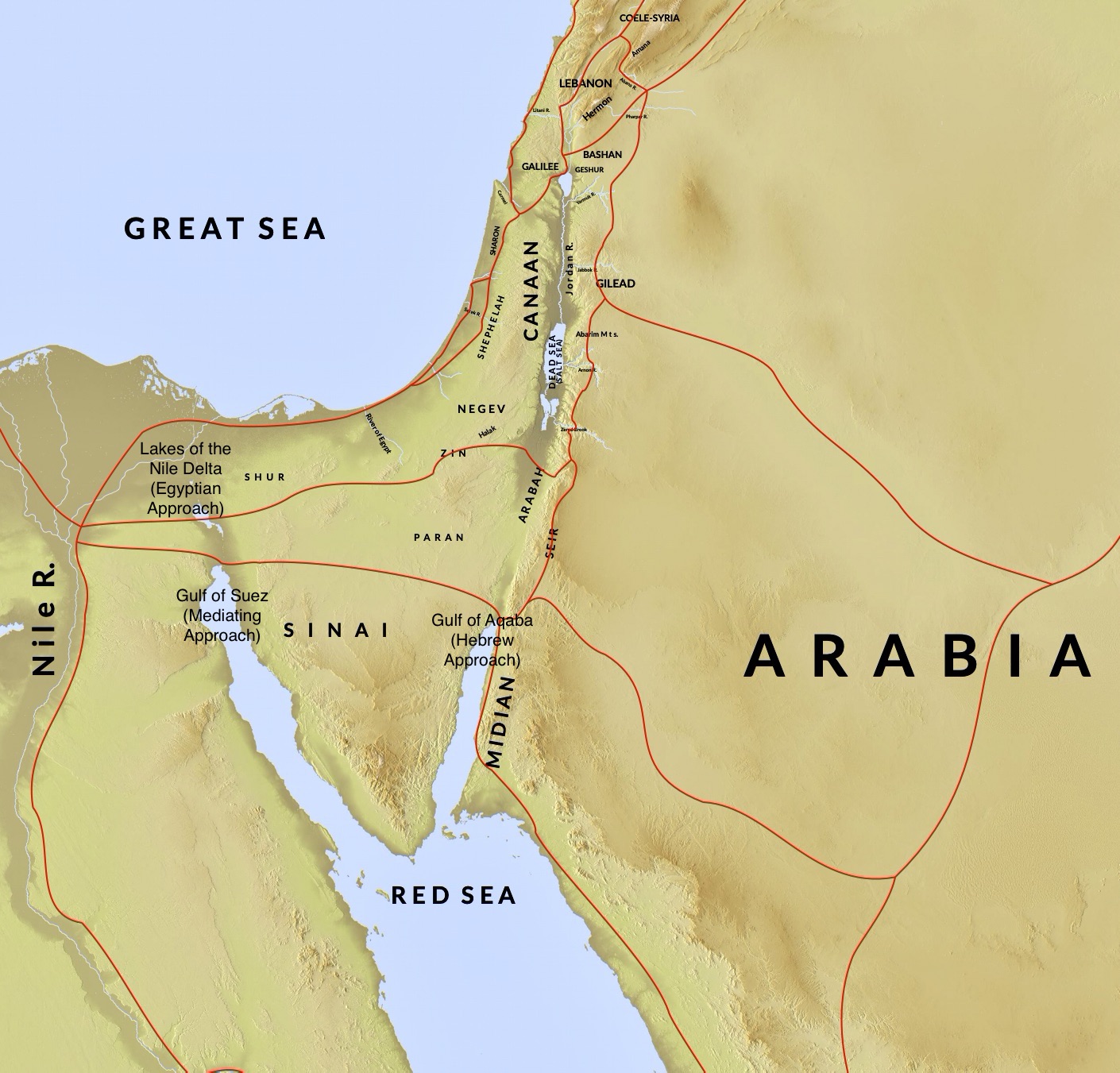The Red Sea is one of the most important waterways in the world, connecting Asia, Africa, and Europe. It is also a hotspot of geopolitical tensions, as several countries vie for influence and control over its resources and trade routes. Recently, the Red Sea has witnessed a series of attacks on commercial vessels, allegedly carried out by Iran-backed Houthi rebels from Yemen. These attacks have raised concerns about the security and stability of the region and prompted a joint military exercise by Arab and US forces, called Operation Prosperity Guardian. What is the significance of this operation, and what are its implications for the Red Sea and beyond?
What is Operation Prosperity Guardian?
Operation Prosperity Guardian is a naval and air exercise that involves forces from Saudi Arabia, Egypt, Jordan, Sudan, Djibouti, Yemen, and the United States. The operation, which began on December 21 and will last until January 15, aims to enhance the coordination and interoperability of the participating countries in countering threats and challenges in the Red Sea region. The operation also seeks to demonstrate the commitment and capability of the Arab-US coalition to protect the freedom of navigation and the flow of commerce in the Red Sea.
According to the official statement, the operation covers three main objectives: maritime security operations, maritime interdiction operations, and crisis response. The operation involves various types of naval and air assets, such as frigates, corvettes, patrol boats, helicopters, fighter jets, and drones. The operation also includes live-fire exercises, boarding drills, search and rescue operations, and medical evacuations.
Why is the Red Sea Important?
The Red Sea is a strategic waterway that connects the Mediterranean Sea to the Indian Ocean through the Suez Canal. It is a vital route for global trade, as it carries about 10% of the world’s seaborne oil and 20% of the world’s container traffic. The Red Sea also hosts several ports and terminals that serve as hubs for regional and international trade and investment.
The Red Sea is also rich in natural resources, such as fish, coral reefs, and minerals. It is home to diverse and endangered marine life, such as dolphins, whales, sharks, and turtles. The Red Sea also has historical and cultural significance, as it is the site of ancient civilizations, religious events, and archaeological discoveries.
What are the Challenges and Threats in the Red Sea?

The Red Sea faces several challenges and threats that pose risks to its security and stability. These include:
- The ongoing conflict in Yemen, has created a humanitarian crisis and a security vacuum. The Iran-backed Houthi rebels, who control the capital Sanaa and most of the north, have repeatedly launched attacks on Saudi Arabia and its allies, as well as on commercial vessels in the Red Sea. The Houthis have used drones, missiles, rockets, and mines to target oil tankers, cargo ships, and naval vessels. The Houthis have also threatened to block the Bab al-Mandeb Strait, a narrow chokepoint that connects the Red Sea to the Gulf of Aden and the Indian Ocean.
- The rivalry and competition among regional powers, such as Saudi Arabia, Egypt, Turkey, Iran, and Israel, over the influence and interests in the Red Sea. These countries have different agendas and alliances, and often clash over political, economic, and security issues. For example, Saudi Arabia and Egypt, along with the UAE and Bahrain, have been engaged in a diplomatic and economic blockade of Qatar since 2017, accusing it of supporting terrorism and aligning with Iran. Turkey, on the other hand, has been expanding its presence and influence in the region, by establishing military bases and signing agreements with countries such as Sudan, Somalia, and Libya. Iran, meanwhile, has been accused of providing weapons and support to the Houthis and other proxy groups in the region. Israel, which has a peace treaty with Egypt and Jordan, and recently normalized relations with Sudan and Morocco, has also been involved in covert and overt operations against Iran and its allies in the region.
- The environmental and humanitarian challenges, such as pollution, climate change, overfishing, piracy, smuggling, and human trafficking. The Red Sea is facing serious threats to its ecological balance and biodiversity, due to the dumping of waste, oil spills, coral bleaching, and invasive species. The Red Sea is also a transit route for illegal activities, such as piracy, smuggling of arms, drugs, and people, and human trafficking. The Red Sea is also affected by the displacement and migration of millions of people, due to the conflicts and crises in the region.
What are the Implications of Operation Prosperity Guardian?
Operation Prosperity Guardian is a significant step in enhancing the security and cooperation in the Red Sea region. The operation shows the resolve and readiness of the Arab-US coalition to deter and respond to any threats and challenges in the region. The operation also sends a message to Iran and its proxies, such as the Houthis, that their attacks and provocations will not go unpunished or unanswered. The operation also aims to reassure the international community and the commercial sector that the Red Sea is safe and open for business.
Operation Prosperity Guardian also has implications for the broader regional and international dynamics. The operation reflects the changing and evolving relations among the Arab countries and the US, especially in the post-Trump era. The operation also indicates the potential for more cooperation and dialogue among the Red Sea countries, as well as with other stakeholders, such as the African Union, the European Union, and China. The operation also highlights the need for a comprehensive and inclusive approach to address the root causes and the consequences of the conflicts and crises in the region.




